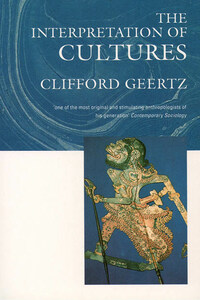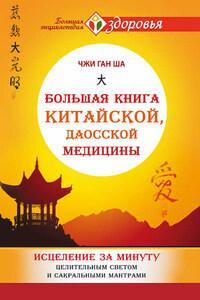Copyright
William the 4th
A division of HarperCollinsPublishers Ltd.
1 London Bridge Street
London SE1 9GF
Published by Fontana Press 1993
www.harpercollins.co.uk
First published by Basic Books, Inc., New York 1983
Copyright © Basic Books, Inc. 1983
Clifford Geertz asserts the moral right to be identified as the author of this work
All rights reserved under International and Pan-American Copyright Conventions. By payment of the required fees, you have been granted the nonexclusive, non-transferable right to access and read the text of this ebook on screen. No part of this text may be reproduced, transmitted, downloaded, decompiled, reverse engineered, or stored in or introduced into any information storage retrieval system, in any form or by any means, whether electronic or mechanical, now known or hereinafter invented, without the express written permission of HarperCollins ebooks
HarperCollinsPublishers has made every reasonable effort to ansure that any picture content or written content in this ebook has been included or removed in accordance with the contractual and technological constraints in operation at the time of publication
Source ISBN: 9780006862642
Ebook Edition © SEPTEMBER 2016 ISBN: 9780008219451
Version: 2016-09-08
Epigraph
“Je demande dans quel genre est cette pièce? Dans le genre comique? il n’y a pas le mot pour rire. Dans le genre tragique? la terreur, la commisération et les autres grandes passions n’y sont point excitées. Cependant il y a de l’intérêt; et il y en aura, sans ridicule que fasse rire, sans danger que fasse frémir, dans toute composition dramatique où le sujet sera important, où le poète prendra le ton que nous avons dans les affaires sérieuses, et où l’action s’avancera par le perplexité et par les embarras. Or, il me semble que ces actions étant les plus communes de la vie, le genre que les aura pour objet doit être le plus utile et le plus étendu. J’appellerai ce genre le genre sérieux.”
Diderot, Théâtre
Introduction
When, a decade ago, I collected a number of my essays and rereleased them under the title, half genuflection, half talisman, The Interpretation of Cultures, I thought I was summing things up; saying, as I said there, what it was I had been saying. But, as a matter of fact, I was imposing upon myself a charge. In anthropology, too, it so turns out, he who says A must say B, and I have spent much of my time since trying to say it. The essays below are the result; but I am now altogether aware how much closer they stand to the origins of a thought-line than they do to the outcomes of it.
I am more aware, too, than I was then, of how widely spread this thought-line—a sort of cross between a connoisseur’s weakness for nuance and an exegete’s for comparison—has become in the social sciences. In part, this is simple history. Ten years ago, the proposal that cultural phenomena should be treated as significative systems posing expositive questions was a much more alarming one for social scientists—allergic, as they tend to be, to anything literary or inexact—than it is now. In part, it is a result of the growing recognition that the established approach to treating such phenomena, laws-and-causes social physics, was not producing the triumphs of prediction, control, and testability that had for so long been promised in its name. And in part, it is a result of intellectual deprovincialization. The broader currents of modern thought have finally begun to impinge upon what has been, and in some quarters still is, a snug and insular enterprise.
Of these developments, it is perhaps the last that is the most important. The penetration of the social sciences by the views of such philosophers as Heidegger, Wittgenstein, Gadamer, or Ricoeur, such critics as Burke, Frye, Jameson, or Fish, and such all-purpose subversives as Foucault, Habermas, Barthes, or Kuhn makes any simple return to a technological conception of those sciences highly improbable. Of course, the turning away from such a conception is not completely new—Weber’s name has always to be called up here, and Freud’s and Collingwood’s as well. But the sweep of it is. Caught up in some of the more shaking originalities of the twentieth century, the study of society seems on the way to becoming seriously irregular.
It is certainly becoming more pluralistic. Though those with what they take to be one big idea are still among us, calls for “a general theory” of just about anything social sound increasingly hollow, and claims to have one megalomanie. Whether this is because it is too soon to hope for unified science or too late to believe in it is, I suppose, debatable. But it has never seemed further away, harder to imagine, or less certainly desirable than it does right now. The Sociology is not About to Begin, as Talcott Parsons once half-facetiously announced. It is scattering into frameworks.









